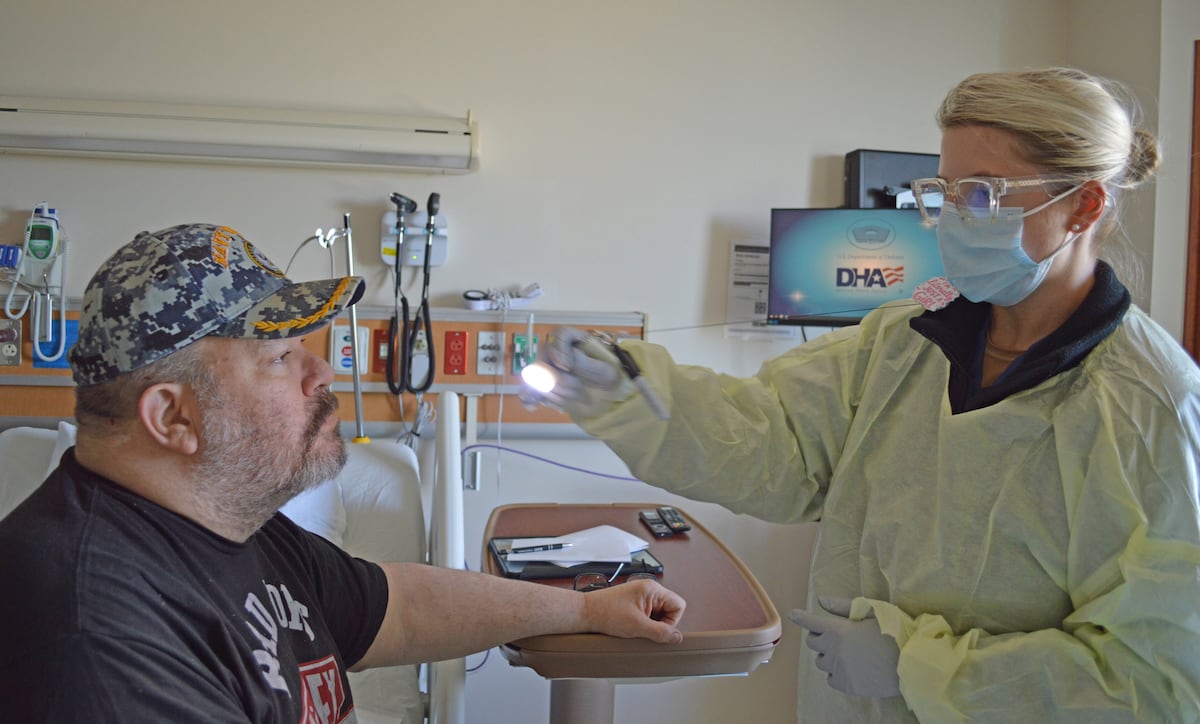The United States Senate is actively investigating the alarming rise in politically motivated violence, a discussion that gained momentum following the assassination of conservative activist Charlie Kirk. The hearing, convened by the Senate Judiciary subcommittee on September 10, 2023, focused on the implications of Kirk’s death during an event at Utah Valley University in Orem, Utah.
Senator Eric Schmitt, a Republican from Missouri and chair of the subcommittee, criticized the political left for supposedly inciting unrest. He stated, “They know that their vision would never win at the ballot box, so they’ve chosen terrorism instead. They know their ideas could not win in the marketplace of ideas, so they shoot up the marketplace.” This assertion underscores the heightened tensions in American politics.
In contrast, Senate Democrats urged against attributing blame to one political faction. Senator Peter Welch from Vermont emphasized the need for unity in condemning violence, regardless of its origin. “If we’re just going to argue about whether it’s more left or more right, we lose the point that it’s all to be condemned,” he remarked.
The hearing included testimonies from various witnesses, including conservative commentator Michael Knowles, who insisted that understanding the roots of political violence is essential for addressing the issue. “One cannot solve a problem if one does not know where the problem lies,” Knowles asserted, highlighting the complexities involved in tackling this societal challenge.
Reinforcing the human cost of political extremism, Metropolitan Police Officer Daniel Hodges, who was severely injured during the January 6, 2021, Capitol riots, shared his harrowing experience. “I was beaten, bloodied and crushed with my own baton,” Hodges recounted, reminding lawmakers of the physical and psychological toll of political violence.
The hearing takes place against a backdrop of escalating threats across the nation. Recently, the FBI apprehended a man in Minnesota suspected of orchestrating a murder-for-hire plot against Attorney General Pam Bondi. The suspect allegedly offered $45,000 for her capture, stating he preferred her “dead or alive.”
In Virginia, political tensions escalated as leaked text messages from Democratic attorney general candidate Jay Jones surfaced, in which he expressed wishes for violence against a former Republican colleague and their family. Virginia Governor Glenn Youngkin criticized the messages as “disqualifying.” Despite the backlash, Democratic gubernatorial candidate Abigail Spanberger has not withdrawn her endorsement of Jones.
A recent poll by the Pew Research Center revealed that 85% of Americans perceive an increase in political violence. This statistic highlights the urgency of the Senate’s investigation and the broader implications for American society.
In his opening remarks, Schmitt warned of the dire consequences of inaction, stating, “We are faced with only two paths. Either we confront this political violence and end it, or it will end us.” The ongoing dialogue in the Senate reflects a critical moment for American politics as it grapples with the challenges of maintaining civil discourse and ensuring public safety.






